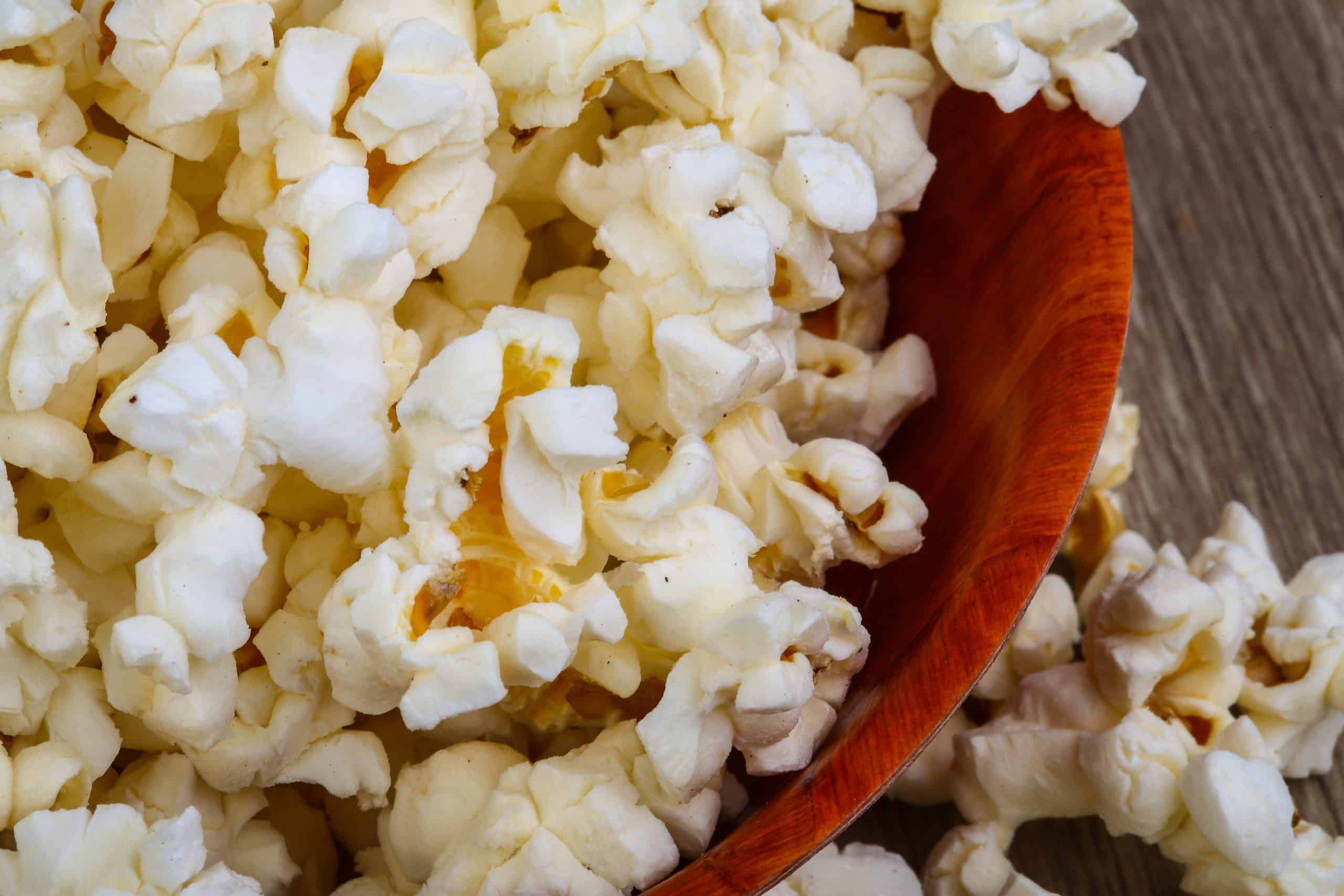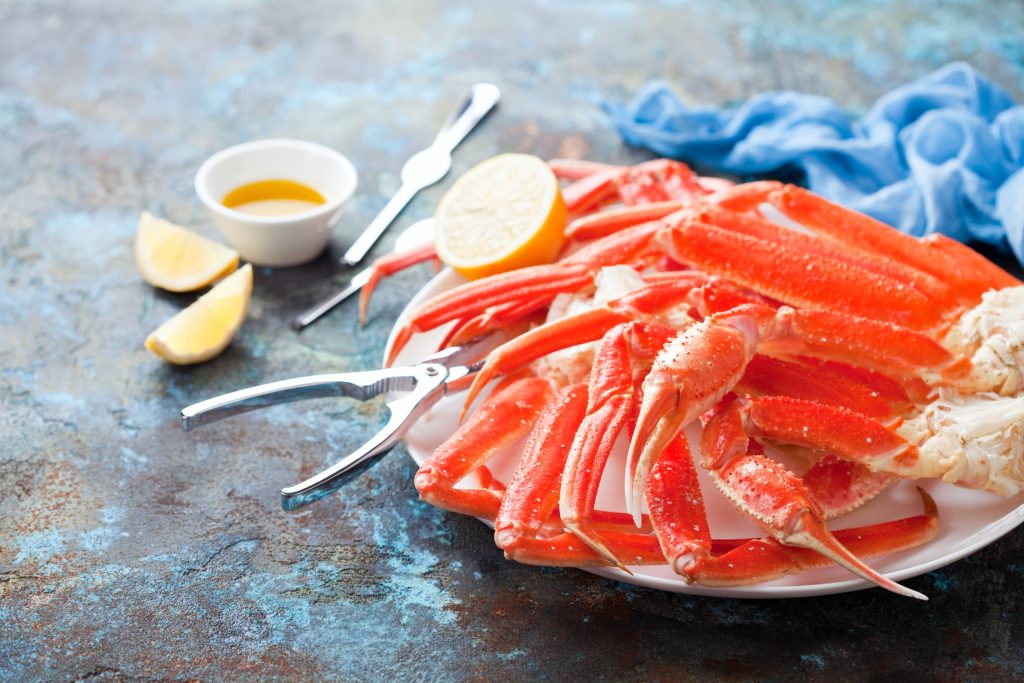Popcorn is a popular snack enjoyed by many people around the world. Whether you prefer it salty or sweet, buttered or plain, there’s something about the crunch and flavor of popcorn that makes it a satisfying treat.
But, like all foods, popcorn has a shelf life, and it’s important to know how long it can last before it goes bad.
Popcorn is a unique food that doesn’t really spoil the same way other foods do. It does get stale after a while, but it isn’t harmful to your health. Stale popcorn just becomes less tasty and less enjoyable to eat.
Still, eating expired popcorn is not recommended, so it is extremely important to use your own judgment to determine whether the popcorn is still safe for consumption.
In this article, we’ll take a closer look at the factors that can affect popcorn’s shelf life, including packaging and storage conditions. By understanding the ins and outs of popcorn expiration, you can make sure that your snack stash is always in good shape.
How Long Does Popcorn Last?

Popcorn can last for varying lengths of time depending on the way it is stored and the type of popcorn. But generally, opened popcorn has a shelf life of 6–8 months, while unopened popcorn can last up to a year or more if stored properly.
A good rule of thumb to follow is whenever your popcorn shows signs of spoilage, such as a rancid smell or taste, mold, or insect infestation, do not hesitate to throw it away.
When it comes to health and safety, it’s better to err on the side of caution and avoid a trip to the doctor due to food poisoning.
Factors that Affect Popcorn’s Shelf Life
Popcorn is a unique food that doesn’t really spoil the same way other foods do. It does get stale after a while. But stale popcorn isn’t harmful to your health; it just becomes less tasty and less enjoyable to eat.
However, popcorn can still go bad and become risky to eat under certain circumstances. With that in mind, below are several factors that can affect the shelf life of popcorn:
Moisture
One of the biggest enemies of popcorn. When popcorn kernels absorb moisture, they lose their crispness and become chewy instead.
If you store popcorn in a damp or humid environment for an extended period of time, it will go stale much more quickly and develop mold. So remember that you have to store it in a dry place.
Light
Exposure to light can accelerate the oxidation process of popcorn, causing it to dry out and become stale. When exposed long enough, your favorite snack will become less flavorful and lose its crunchiness.
That is also why many popcorn packages are made from opaque materials that block out light to preserve the quality of the popcorn for a longer period of time.
Temperature
Another important factor that you have to consider when it comes to popcorn’s shelf life is the temperature of your choice of storage.
High temperatures will cause your popcorn to dry out and become stale. While low temperatures can cause the moisture inside the kernels to freeze and expand, making them less likely to pop properly.
By understanding these factors and taking steps to store your popcorn properly, you can extend its shelf life and guarantee that you always have a tasty and enjoyable snack on hand.
Storage Tips for Popcorn
If you want to extend the shelf life of the popcorn you recently bought from the supermarket, it’s essential to store it properly. Below are some tips on how to store popcorn the right way:
Proper Storage Containers
Using airtight containers is important when storing popcorn. This helps to keep out moisture, insects, and other contaminants.
Glass jars or plastic containers with tight-fitting lids are good options for storing popcorn. But if you can’t find any at home, any type of resealable plastic bag would work just fine.
Just remember to squeeze out any excess air and seal the bag tightly to help preserve the popcorn.
Storing Popcorn in a Cool, Dry Place
When it comes to storing popcorn, it’s essential to choose the right location for your kernels. They should be stored in a cool, dry place to prevent them from becoming stale or spoiling.
As such, you should avoid storing your popcorn in areas that are exposed to direct sunlight, such as near windows or on countertops.
Ideally, it should be stored in a pantry or cupboard in the kitchen, as these areas have a consistent temperature and humidity. But you can also store popcorn in a closet or other area of your home that is cool and dry.
Final Thoughts
Popcorn is an irresistible snack that can be enjoyed in many ways. But to maintain its freshness and quality, it’s essential to know how to store popcorn properly.
By using airtight containers and storing them in a cool, dry place to avoid exposure to light and moisture, you can help extend the shelf life of your popcorn and enjoy it for longer.
With these tips, you can ensure that your popcorn remains fresh and delicious for your next movie night or snack break.

